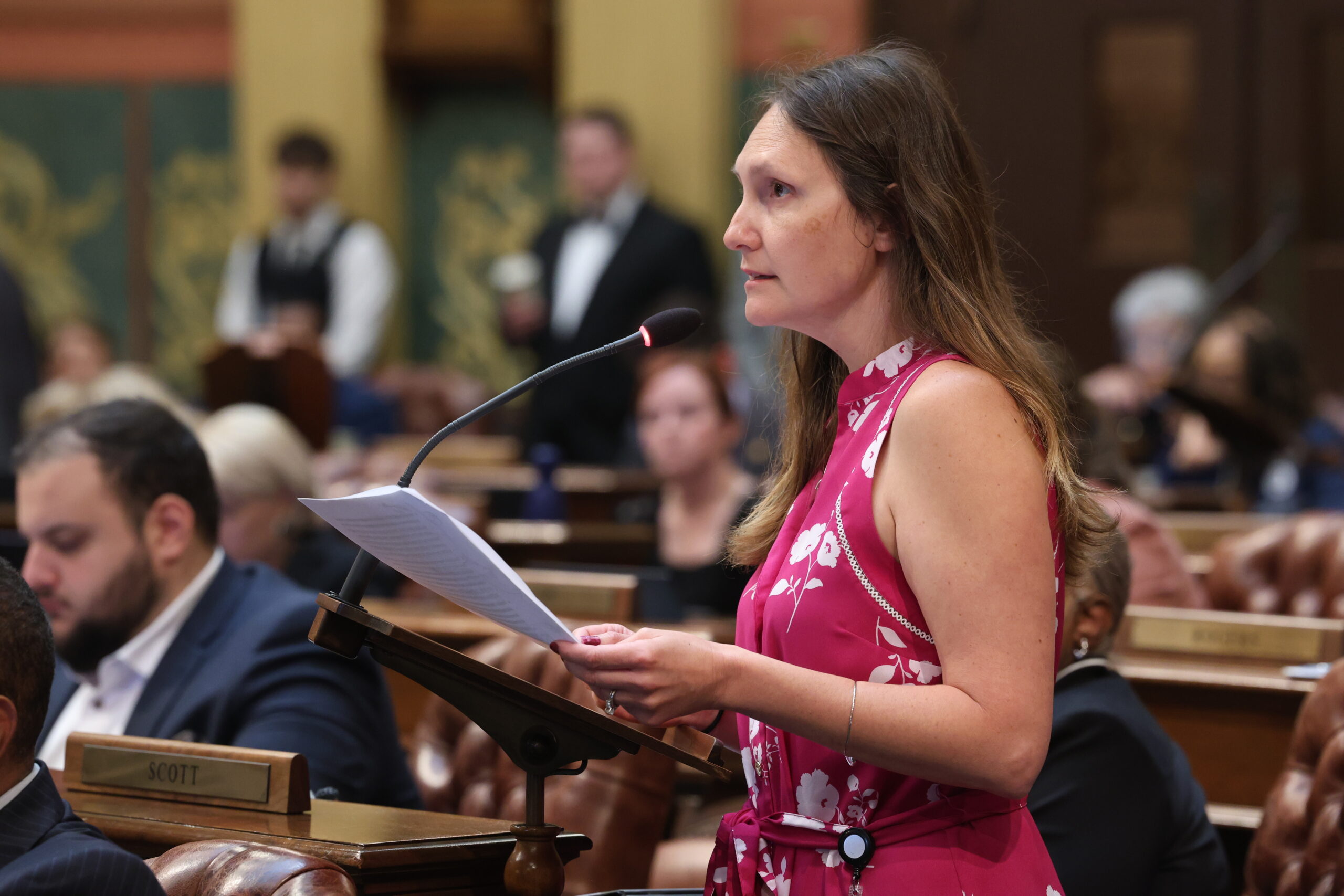Legislation bans use of AI to create explicit deep fakes
LANSING, Mich., May 22, 2024 — A bill sponsored by state Rep. Penelope Tsernoglou (D-East Lansing), the Protection from Intimate Deep Fakes Act, successfully passed unanimously out of the House Criminal Justice Committee today. The legislation combats the nonconsensual dissemination of AI-generated sexual images, imposing both civil liability and criminal penalties for offenders. The bill addresses the growing issue of deep fake technology, which can create highly realistic but false depictions of individuals, which can be used maliciously to harass, extort, defame, threaten or harm victims.
“By passing this bill out of committee, we are sending a clear message that Michigan will not tolerate these invasive and harmful practices. I am grateful to my colleagues for their support and recognition of the importance of this legislation,” Tsernoglou said. “As AI technology evolves, it is crucial that our laws keep pace to protect our residents from new forms of abuse and exploitation, while reducing malicious behavior and ensuring the right to privacy. I was glad to get AI election bills across the finish line and signed into law late last year, and this legislation builds on that momentum to protect people’s rights and privacy.”
Under House Bill 5569, individuals who knowingly or recklessly disseminate these images or videos will face severe consequences, including fines, imprisonment and civil damages. It also provides for victims to seek damages and court-ordered relief, including temporary restraining orders and injunctions to prevent further harm. This bill is a follow-up to Tsernoglou’s Public Act 265 of 2023 to regulate the use of artificial intelligence in all election advertising. She has long been an advocate for truth, justice and taking a forward-looking approach to both the benefits and dangers of AI.
###

